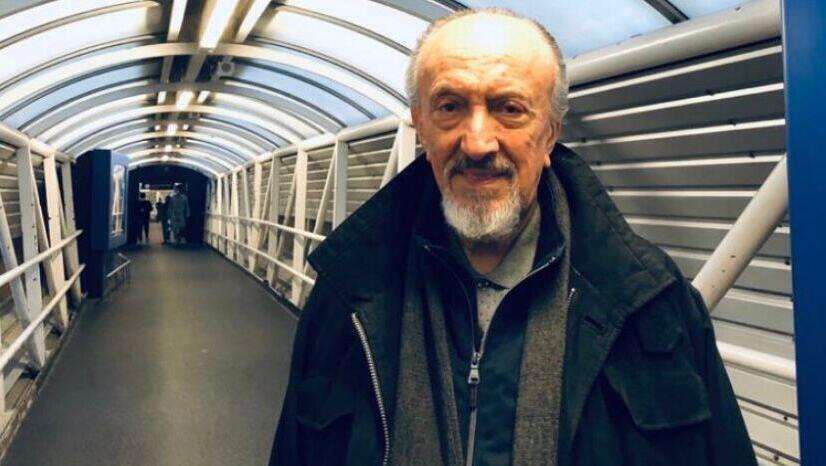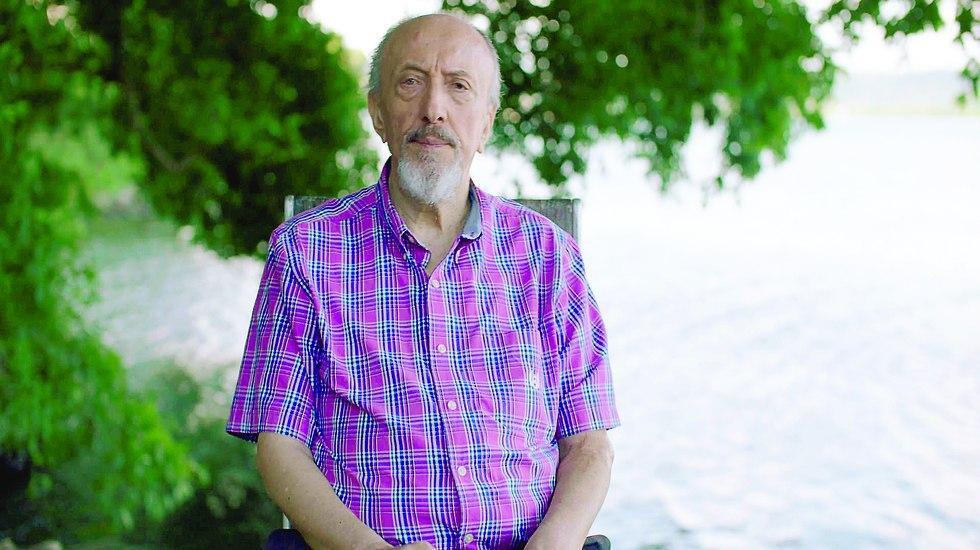On Wednesday the Supreme Court rejected the request of Stefan Mandel, an 83-year-old Holocaust survivor, for a retrial in a securities fraud case.
Read more:
Mandel, a Romanian-born Israeli mathematician, gained fame by claiming to have "cracked the lottery" using a method that led to 14 wins in various lotteries, primarily in the United States and Australia. In 2004, he was convicted of fraud and sentenced to ten months in prison. At that time, he was labeled as a "fugitive from justice" after failing to appear for the verdict.
Last May, Mandel returned to Israel and filed a request for a retrial, asserting that he possesses new evidence that could prove his innocence.
The fraud case, known as the "Mondragon affair", unfolded in 1996 when Mandel conceived the idea of establishing a cooperative association in Israel to acquire lands in the island nation of Vanuatu. Thousands of citizens joined the association.
Several years later, a criminal investigation was initiated into the matter. The indictment accused Mandel and his partner of breaching securities laws by failing to issue a legally mandated prospectus, thereby deceiving investors. Subsequently, the Tel Aviv Magistrate's Court sentenced Mandel to ten months in prison and imposed a NIS 100,00 fine on him. Mandel fled Israel before the beginning of his trial and was convicted in absentia.
Mandel returned to Israel after 21 years and filed a request for a retrial upon landing at Ben Gurion Airport, alleging a miscarriage of justice. Acting Supreme Court President Uzi Vogelman dismissed all his claims, stating that no miscarriage of justice occurred since his trial proceeded in his absence. According to Vogelman, Mandel chose not to return to Israel from the beginning of his trial, and therefore, he should be seen as having waived his right to be present during his trial.
The Supreme Court also determined that contrary to Mandel's claim, he did not present any new evidence capable of altering the outcome of legal proceedings and leading to his acquittal. The court emphasized that Mandel had the opportunity to present these pieces of evidence during his trial. Additionally, the Supreme Court dismissed Mandel's allegations of misconduct on the part of authorities.



